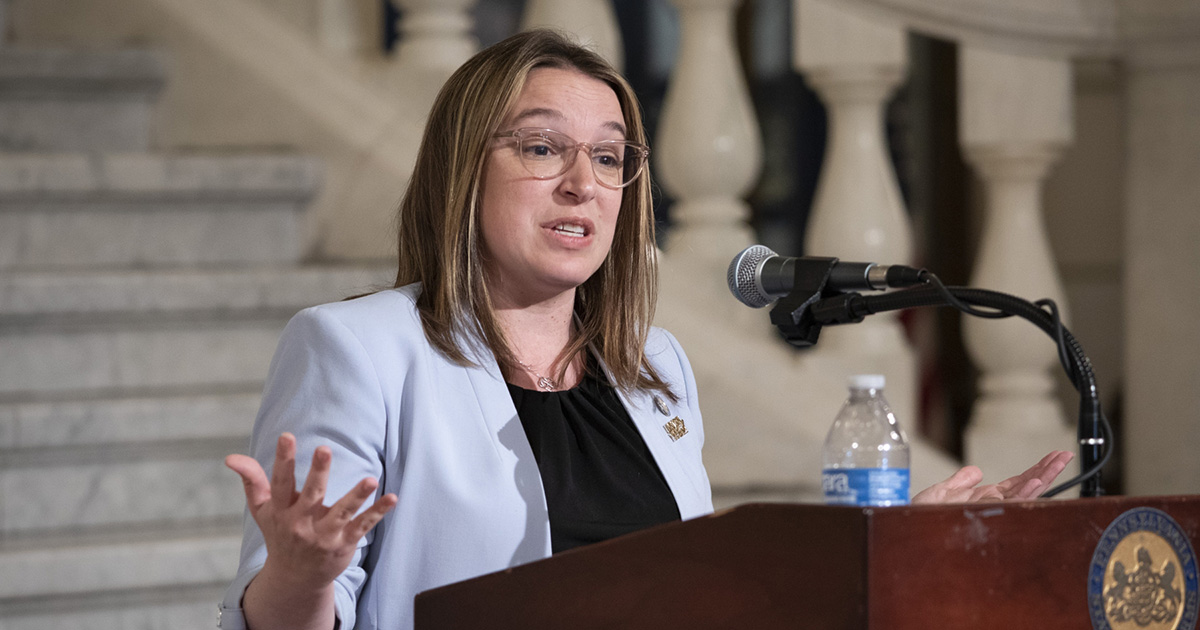
Pittsburgh, PA — September 24, 2025 — Senator Lindsey M. Williams (D-Allegheny) announced today that she will introduce a package of legislation to protect Pennsylvania utility customers from skyrocketing electricity costs caused by data centers.
“Our families should not be paying more for their electricity because enormous data centers might move into our neighborhoods—and they certainly should not be subsidizing electricity costs for giant corporations,” said Senator Willaims. “Western Pennsylvania has a long history of prioritizing the needs of industry billionaires at the expense of the people who built this country. This is our chance to reverse that trend and put the needs of our working families, our seniors, and everyday people first, ahead of corporate profits.”
At the beginning of this month, Senator Williams joined other members of the Democratic Caucus for a Pennsylvania Senate Democratic Policy Committee Hearing on Data Centers: Impacts, Operations, and Policy Considerations. During that hearing, Senator Williams asked Stephen DeFrank, Chairman of the Pennsylvania Public Utility Commission whether new data centers would contribute to utility customer assistance programs such as CAP. Chairman DeFrank testified that data centers will not contribute to utility customer assistance programs because they are “behind the meter,” that is, they get their electricity directly from the supplier and not off of the grid. Despite this, data centers do add significant costs to residential electric bills.
According to the PJM Independent Market Monitor, data center load growth is the primary reason for recent increases in capacity prices. If not for data centers, capacity prices would have been lower, leading to lower energy bills for Pennsylvania households.
Rising energy bills mean that more and more people will need help keeping their lights and heat on. But commercial data centers – the entities causing energy bills to rise – do not pay into Pennsylvania’s customer assistance programs (CAP). Rather, the cost of these programs falls exclusively on residential customers, including the low-income customers most likely to need the assistance.
Allegheny County United Way 211 consistently reports Electric Service Payment Assistance among its top identified needs from callers. With federal Low-Income Home Energy Assistance Program (LIHEAP) funding in question for coming years, local customer assistance programs are more critical than ever.
“I appreciate Chairman DeFrank taking the time to explain how our customer assistance programs are funded and regulated,” continued Senator Williams. “This legislation is a first step towards keeping the lights on for our seniors, families, and children, while ensuring that our largest users of electricity are not paying the least.”
###
